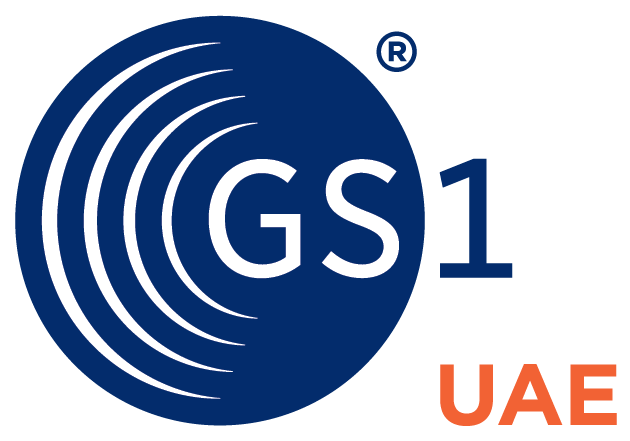Dubai, UAE—June 28th, 2024: GS1 UAE, the not-for-profit organization providing the most widely used global standards—best known for the barcode—recently convened its Annual General Assembly, highlighting significant strides in enhancing supply chain standards throughout the region. Implementing the global migration to 2D barcodes in the UAE, introducing the Digital Product Passport, and advancing the healthcare industry in the region with GS1 standards were some of the topics focused on during the meeting.
Central to the discussions was the endorsement of a comprehensive three-year strategy. This strategic plan emphasizes the adoption of GS1 QR codes. The industry initiative is a groundbreaking, collaborative effort to advance global standards for efficiency, safety, and sustainability across the retail and consumer goods industries. The goal of this collaboration is for QR Codes with GS1 standards to have widely taken effect by 2027.
In addition, a continued focus on healthcare was highlighted in the meeting, aligning with global trends to leverage new technologies for improved traceability, data accuracy, patient safety and sustainability in the healthcare industry by leveraging GS1 standards.
A notable discussion at the assembly was the Digital Product Passport, a tool that is crucial for promoting a circular economy. This initiative will ensure an improved information exchange along the supply chain and a comprehensive digital representation and record for products, enhancing consumer trust and regulatory compliance by enabling companies to verify, manage and enhance their products’ sustainability.
Further advancing its digital strategy, GS1 UAE announced the launch of their new service, the Numberbank. This digital tool is designed to streamline the management of GTINs (Global Trade Item Numbers) and other identifiers, obtaining GS1 licenses, and generating barcode numbers and symbols accurately and effortlessly, simplifying processes for businesses and ensuring data integrity.
Recognizing the potential for GS1 standards to promote efficiency and accuracy, the assembly also explored the possibility of expanding GS1 standards and solutions into the construction sector in the region. This initiative aims to introduce standardized identification and data-sharing practices within the industry, promising significant improvements in operational efficiency.
GS1 UAE also reaffirmed its commitment to supporting the UAE government sector by further integrating GS1 standards. This effort aims to amplify public sector efficiency in existing projects, with the Federal Tax Authority and Ministry of Health and Prevention being some of the organization’s most notable partners, as well as in future projects.
The discussions and decisions made during the Annual General Assembly reflect GS1 UAE’s strategic vision to drive innovation and operational excellence. By focusing on key sectors such as healthcare and government, as well as an emphasis on digital transformation through 2D barcodes and the Digital Product Passport, GS1 UAE is poised to set new benchmarks in supply chain standards and digital transformation.
Alongside the election of the board members, the strategy, budget, and annual operating plan were also reviewed and approved. As an industry-driven organization with a diverse board representative of the industries it works with and a robust strategic plan, GS1 UAE is well-equipped to navigate the challenges and opportunities ahead, positioning itself as a leader in the adoption and implementation of global standards in the UAE.






